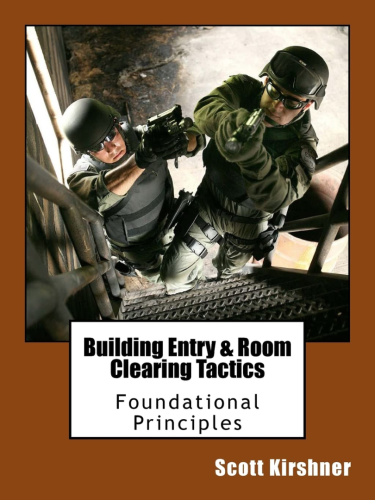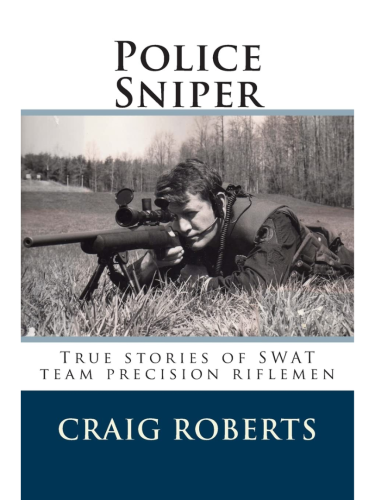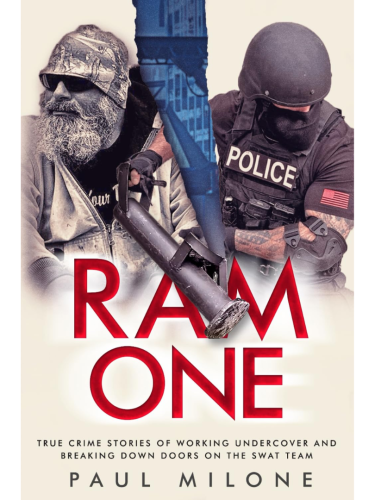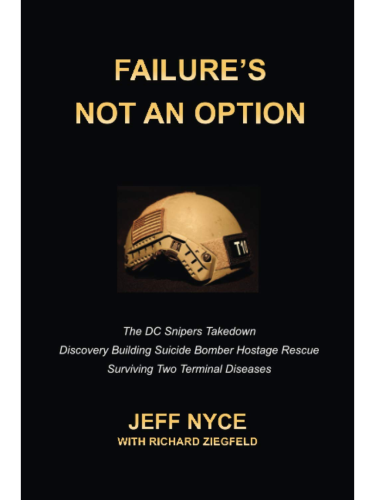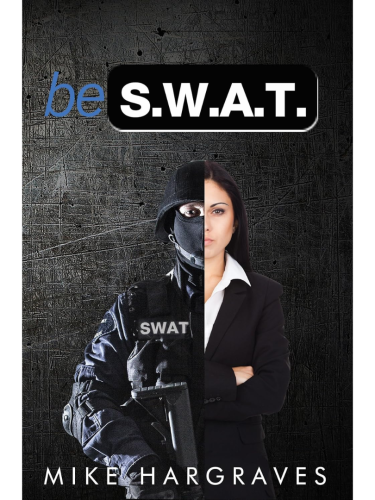“We are an ‘elite unit,’” some say. But what does “elite” really mean?
By definition, elite means “a select group that is superior in terms of ability or qualities to the rest of a group or society.” Generally, when most people think of an elite unit, they think of military units like U.S. Navy SEALs, U.S. Army Rangers, or the U.S. Marine Corps. So can there truly be such a thing as an elite unit in law enforcement?
The short answer? Of course!
Law enforcement special teams, a shift, or even an entire department can choose together to pursue excellence as a team or unit. Then, someday, they might even earn high praise from the people they serve and be declared an elite unit.
Traits of an elite law enforcement unit
Here are a handful of traits possessed by elite units.
- Excellent leadership: Behind the success of every elite unit there are great leaders, both formal and informal, who have set the bar for the standard of performance very high, which these leaders and team members all strive to maintain. These exceptional leaders will not only train with their officers but also share the dangers of the work with them. These leaders continually strive to develop and expand the capabilities of their teams to ensure success.
- A desire to excel: When asked why people belong to an elite unit, they will often say, “I wanted to be with the best!” A collective desire to be the best can transform an average unit into an elite unit.
- Ongoing training for a quality performance: The team must not only desire to be the best, but they must also aspire to the late BORTAC Officer Brian Terry’s recipe for excellence. According to Terry, to be the best, “you gotta do the work!” Becoming an elite unit requires leaders to provide the best training up front, followed by ongoing regular training of both individual and team skills.
- A team identity: With success comes pride. Officers will proudly say: “I’m SWAT” or “I’m dive rescue.” When a team becomes known for a high level of performance, this leads to success with honor.
- An uncompromising work ethic: An elite unit requires each team member to commit to each mission, doing the work whenever and wherever it is called for. These teams are comprised of workers, not shirkers.
- Team members teach ethical policing and constitutional law: Elite units teach ethical policing on and off duty. This is not done by instructors in ethics classes at the local academy, technical college, or university. Elite unit members teach ethical policing by setting an example. They embrace the constitutional limits, all laws, and abide by the rules of evidence, the Law Enforcement Code of Ethics and policies. They treat all people with dignity and respect. Team members operate in the light of day and the darkest recesses of the night within these constitutional limitations as a matter of course. If they have a choice between the right thing and the wrong thing, they have no choice. They will do the right thing every time. Elite unit members understand that by policing honorably, they keep this country not only safe but also free.
- All members possess exceptional communication skills: The elite unit realizes that the No. 1 survival tool is their communication skills. They know they were not hired to build bridges but to talk people down from them. They constantly develop their communication skills so that, when they speak, even under extremely stressful conditions, people listening will recognize them as skilled, effective communicators, who are consummate professionals.
- Excellent tactics: Effective and defensible tactics are constantly pre-trained so that these tactics can be performed as a team, smoothly and effectively, when lives are on the line.
- They are physically fit: Elite unit team members voluntarily maintain a high level of physical fitness, because they are keenly aware, as all should be, law enforcement sometimes is very physical.
- Heavy on skills: Team members will perform the skills necessary to successfully prevail in all circumstances with the highest level of proficiency not just individually, but together as a team.
- Weapons, tools and equipment to do the job: An elite unit obtains, maintains and trains with state-of-the-art weapons, tools and equipment to facilitate success. Members will be exceptionally proficient in their use of all these, which should be made readily available when needed.
- An available removal protocol: There must be an established protocol for the removal of team members whose performance is sub-standard. Members and leaders must both be intolerant of members whose behavior is unprofessional, illegal, or does not live up to the team’s high standards
- A team legacy: An elite unit that excels continually will create a legacy. This legacy will inspire the following generations of team members to strive to excel to live up to their team’s historical legacy
- Excel in report writing: Elite units write great reports that are accurate and complete.
Conclusion
No team, unit, shift, or department can declare itself to be “elite.”
It takes time for a unit to earn this distinction. However, this hard-earned designation can be forfeited in an instant by one team member’s unprofessional actions. This country needs elite units that honorably police with superior skills and abilities. Becoming “elite” starts with one great leader, either formal or informal, who sets an example of a standard of performance excellence to aspire to.
Do you have a leader within your department who’s capable of turning your team into an elite unit?
Try looking in the mirror.
This article, originally published July 19, 2023, has been updated with a video and additional resources.




